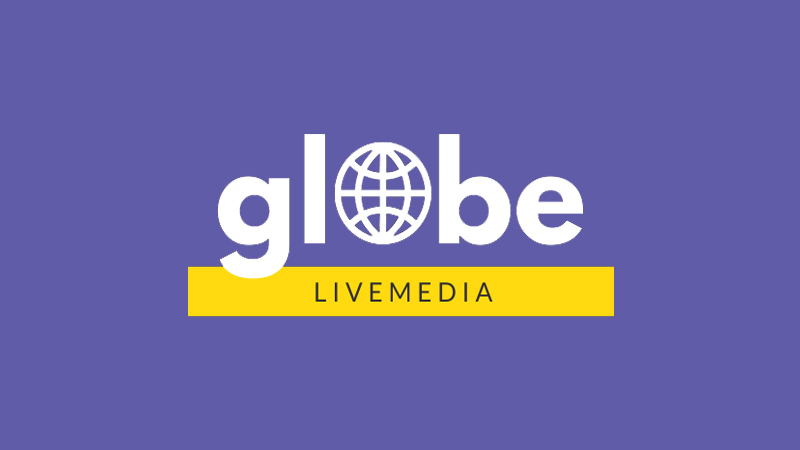More from Author Ben Oakley here: https://globelivemedia.com/author/ben-oakley/
Argentine Vice President Cristina Kirchner received the Russian Sputnik V vaccine against covid-19 this Sunday, three days after President Alberto Fernández applied a first dose, she herself reported on her Twitter account.
“At the Hospital Presidente Perón de Avellaneda (outskirts of Buenos Aires), getting vaccinated with Sputnik V. By doing so, I am not only taking care of myself, but also taking care of others. Thanks to the health personnel for the enormous effort they are making in this pandemic,” Kirchner, 67, wrote on the social network.
The vice president also posted photos of the moment she was inoculated and the certificate she received.
Fernández and Kirchner are among the first leaders in the world to apply the Sputnik V vaccine, of which Argentina has received 600,000 doses since December and hopes to obtain 19.4 million more.
Outside of Russia, Argentina is the largest country that has begun vaccination with Sputnik, which this week was approved by the local regulatory body for its application in people over 60 years of age.
In a first phase, the Gamaleya laboratory vaccine was supplied to health personnel under 60 years of age.
With 44 million inhabitants, Argentina accumulates more than 1.8 million cases and exceeds 46,000 deaths from covid-19.
The South American country has agreements for the provision of the AstraZeneca / Oxford vaccine, although it has not yet received any, and with the Covax mechanism of the World Health Organization (WHO). It also negotiates the arrival of the product manufactured by Pfizer / BioNTech.
Sputnik V was homologated in Russia last August, sparking international criticism over an announcement deemed premature, ahead of Phase 3 trials and publication of scientific results.
According to the Russian sovereign wealth fund that sponsors the vaccine, Sputnik V is already authorized in Belarus, Serbia, Argentina, Bolivia, Algeria, the Palestinian territories, Venezuela, Paraguay and Turkmenistan. Its approval was also requested before the European Medicines Agency, which must give an answer in February.

